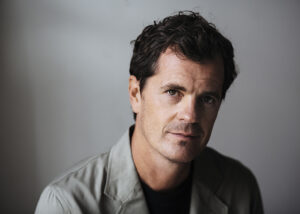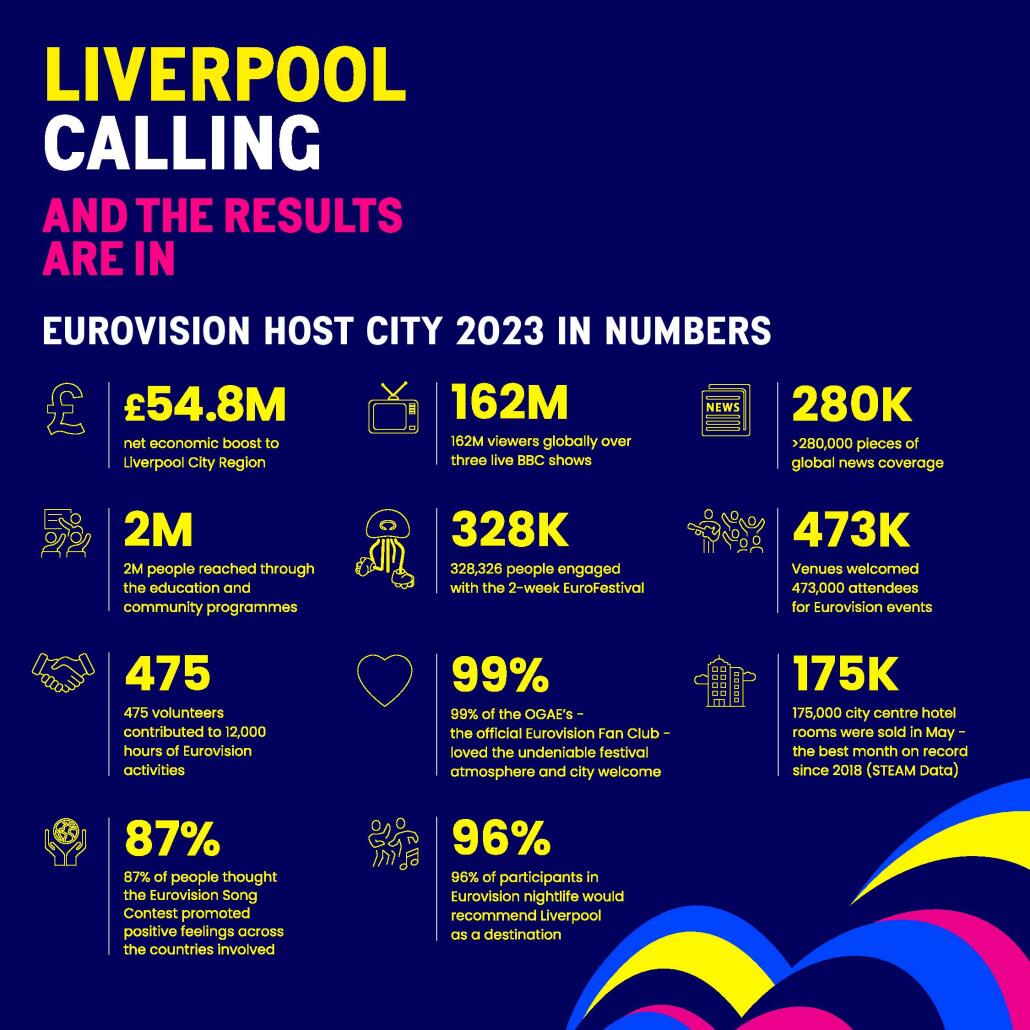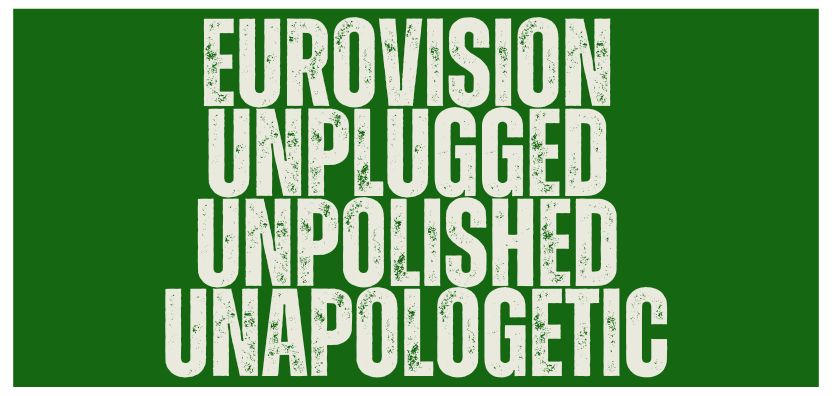
|
Getting your Trinity Audio player ready...
|
From Germany’s half-million-euro investment to Montenegro’s modest contribution, the bill for Europe’s glitziest musical showdown reveals a contest of haves and have-nots
Eurovision, Europe’s beloved musical extravaganza of glitter, key changes and occasional geopolitical tension, isn’t just a battle for cultural supremacy – it’s also a financial contest where not all countries compete on equal footing. While viewers see the same three-minute performances, behind the scenes lies a complex world of wildly varying participation fees that reflects Europe’s economic disparities.
The big spenders and the budget-conscious
When viewers see Abor & Tynna performing for Germany in Basel, they’re watching a performance that cost the German broadcaster nearly half a million euros just to enter. According to recent figures, Germany paid €473,000 in 2023 solely for participation rights – more than twenty times what Montenegro paid during their last participation.
Spain similarly commits substantial resources, with a 2024 participation fee of €334,432, while the BBC typically shells out around £300,000 annually for the UK’s guaranteed place in the final.
Meanwhile, at the other end of the financial spectrum, smaller nations pay far more modest amounts that nevertheless strain their broadcasting budgets.
The fees are calculated based on several factors including population size, economic status, and viewership potential. This tiered system means North Macedonia paid just €39,143 in 2022, Montenegro contributed €23,000 in 2012, and Estonia typically pays around €65,000 – a fraction of what the major players invest.
The real cost of Eurovision dreams
Yet the headline participation fee is merely the starting point. The true cost of Eurovision participation typically doubles or triples once staging, accommodation, promotional activities and travel expenses are added.
Spain’s 2024 Eurovision campaign totalled nearly €600,000, with the participation fee representing just over half the cost. Ireland’s 2024 budget reached €390,000, despite a relatively modest €101,090 participation fee. For Romania, the 2023 bill came to €400,000, including €80,000 for staging and €63,000 for their national selection show.
People see three minutes on stage, but they don’t see the months of preparation, the delegations of 20-plus people, the elaborate staging or the promotional tours. When you factor everything in, it’s a massive financial commitment for broadcasters.
The Big Five advantage
One of Eurovision’s most controversial financial aspects is the automatic qualification granted to the “Big Five” – France, Germany, Italy, Spain, and the United Kingdom. These broadcasting heavyweights bypass the semi-finals entirely, despite some of them regularly finishing near the bottom of the scoreboard.
This privilege comes at a premium. As the contest’s largest financial contributors, these nations collectively shoulder much of Eurovision’s financial burden. When Italy returned to the contest in 2011 after a 14-year absence, they immediately joined this elite group, reflecting their financial contribution rather than their recent track record.
It’s essentially a pay-to-play arrangement. The European Broadcasting Union would struggle to finance the contest without these major contributors, so they’re guaranteed a place in the final to ensure their continued investment.
When costs become prohibitive
The rising tide of Eurovision expenses has recently forced several smaller broadcasters to withdraw from the competition entirely. Bulgaria, Montenegro and North Macedonia all sat out the 2023 contest, citing ‘costs’.
Moldova 1’s Director, Corneliu Durnescu, and Moldova’s Head of Delegation, Daniela Crudu specifically mentioned “significant costs of registration fees” and “lack of interest from sponsors” when announcing their withdrawal.

The European Broadcasting Union has acknowledged that the contest was “not financially sustainable” in its current form. Eurovision Executive Supervisor Martin Osterdahl noted in 2023 that the departure of Russia, once a major financial contributor, further strained the Eurovision economy, forcing remaining participants to shoulder a greater burden. The overall cost of production is no longer met by participation fees alone, forcing organisers to seek ever more commercial partnerships.
The host with the most (expenses)
For the BBC, Eurovision costs escalate dramatically when hosting responsibilities fall to the UK, as they did in 2023 when Liverpool hosted on behalf of Ukraine. The broadcaster’s contribution reportedly reached between £8-17 million, with additional funding from the UK government (£10 million) and local authorities (£4 million).
However, the economic return often justifies this investment. Liverpool saw a £54.8 million boost to its local economy during Eurovision week – more than double initial projections. Liverpool One shopping complex alone reported an additional £19.9 million in revenue.
Other hosts have spent considerably more: Baku splashed €65.1 million in 2012, while Kyiv invested €37 million in 2017.
Value for money?
Despite the costs, many broadcasters still consider Eurovision a bargain in television terms. The Netherlands calculated that their €500,000 investment in 2016 equated to approximately €62,000 per hour of broadcast content – only slightly higher than their average television production costs.
Spain performed a similar calculation in 2015, finding that one minute of Eurovision broadcast cost €791, compared to €21,600 per minute for European Championship football matches with comparable viewership.
When you consider that Eurovision delivers roughly eight hours of prime-time television content that consistently attracts large audiences, the cost-per-viewer calculation actually works out quite favourably for broadcasters.
For the BBC, with its £5 billion overall budget, the annual Eurovision commitment of around £1.1-1.3 million (when not hosting) represents a relatively modest investment for a cultural institution watched by millions.
A contest of equals?
As Eurovision approaches its 70th anniversary, questions about financial fairness continue to simmer beneath the surface of the competition. While the sliding scale of fees attempts to create proportional contributions, the growing number of withdrawals suggests the current model may be reaching its limits.
Eurovision has always been a balancing act between inclusivity and financial reality. The challenge now is ensuring that Europe’s premier musical contest doesn’t simply become a playground for wealthy broadcasters while pricing out the cultural diversity that smaller nations bring.
As viewers prepare for another spectacular show this May, those three-minute performances represent not just artistic ambitions but financial commitments that vary dramatically across the continent – a reminder that in Eurovision, as in Europe itself, equality remains an aspiration rather than a reality.







